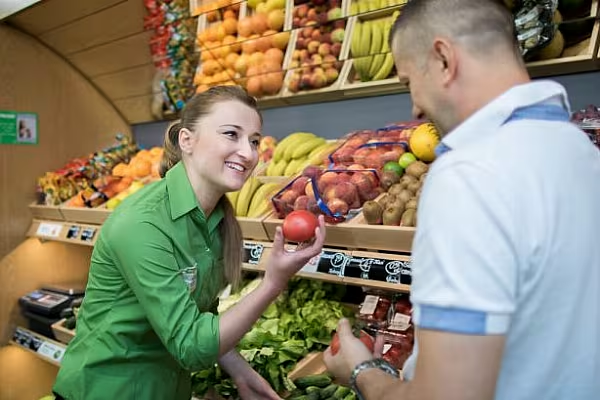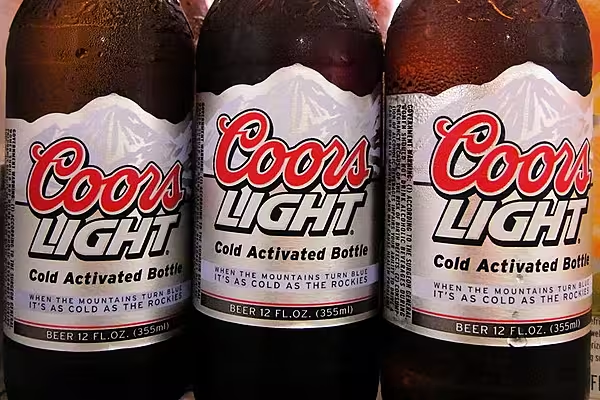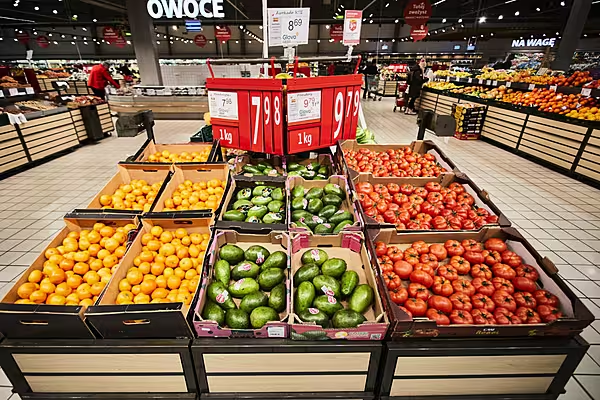Almost two-thirds of the largest FMCG producers and suppliers in Poland derive part of their income from products manufactured exclusively for discounters or supermarkets, according to the latest Eurocash 'Równi w Biznesie' (Equal In Business) ranking.
The results from ranking are not about private-label products, but branded items and variants not available in all stores.
FMCG Discrimination
An example of a separate variant, unavailable to the entire market, might include a different packaging capacity, a different flavour, or an unusual promotional set.
Unique versions of branded products are to increase their attractiveness in the eyes of customers and encourage shopping.
Due to exclusivity, a given manufacturer often does not support the sale of its brands in the same way in all stores and does not have the same offer everywhere.
Dominik Kasperek, director of the central purchasing department of Eurocash Group, said, "This should be treated as a sign of discrimination against local customers, independent stores and the obvious support by the largest producers of the expansion of centrally managed chains."
Customers of the 'distinguished' stores will be happy with the cooperation of large chains with large producers, unattainable for other market participants.
However, in practice, this means favouring selected producers over the others and depriving customers of the freedom to choose where to buy.
According to the analysis carried out as part of the 'Równi w Biznesie' ranking, products exclusive to discounters and supermarkets account for as much as 43.8% of sales for Barilla, the pasta producer.
In total, 50 out of the 160 analysed FMCG producers in Poland generate between 5% to over 40% of sales from exclusive products.
Only 61 producers (approximately 38%) had no income at all from products dedicated to discount stores or supermarkets and offered the same products to all stores.
Local stores can protect themselves from discrimination with the 'Równi w Biznesie' ranking and also by using distributors such as Eurocash Group to encourage suppliers to treat independent trade on par with discounters.
The latest results of the ranking show that more than a third of them seem to be convinced of this already.
In the period from July 2020 to June 2021, 17 producers (10.6% of respondents) from 11 product categories had lower retail prices in independent stores than in discounters and supermarkets.
In addition, the prices of 39 other producers were the same as in discounters and supermarkets, or the difference did not exceed 5%.
Independent Stores
The market effectiveness of independent stores can be confirmed by the strong sales results achieved by many suppliers, sometimes also by those who favour discounters and centrally managed supermarket chains.
From July 2020 to June 2021, local stores significantly increased, among others, the sale of OSM Piątnica homogenised cheese, Frosch dishwashing liquids from Werner & Mertz, and Roleski ketchups.
Almost one-third of the largest suppliers, representing 31 out of 35 analysed product categories, recorded an increase in sales in independent stores.
Kasperek added, "Most consumers in Poland use various sales channels, and they are usually the closest to local stores. It is forbidden to discourage them from purchasing through inflated prices or an unattractive assortment offer, because this will harm the interests of all market participants.
"Local, independent stores are the only place for several million consumers where they shop within five minutes and find a product offer much wider than at a discount store."
The 'Równi w Biznesie' ranking, developed in 2017, aims to provide equal opportunities to independent stores to compete with centrally managed retail chains.
The ranking seeks to distinguish producers who, by fair treatment of small-format retail stores, have a positive impact on their competitiveness in relation to large-format stores and discounters.
© 2021 European Supermarket Magazine. Article by Conor Farrelly. For more Retail news, click here. Click subscribe to sign up to ESM: European Supermarket Magazine.














